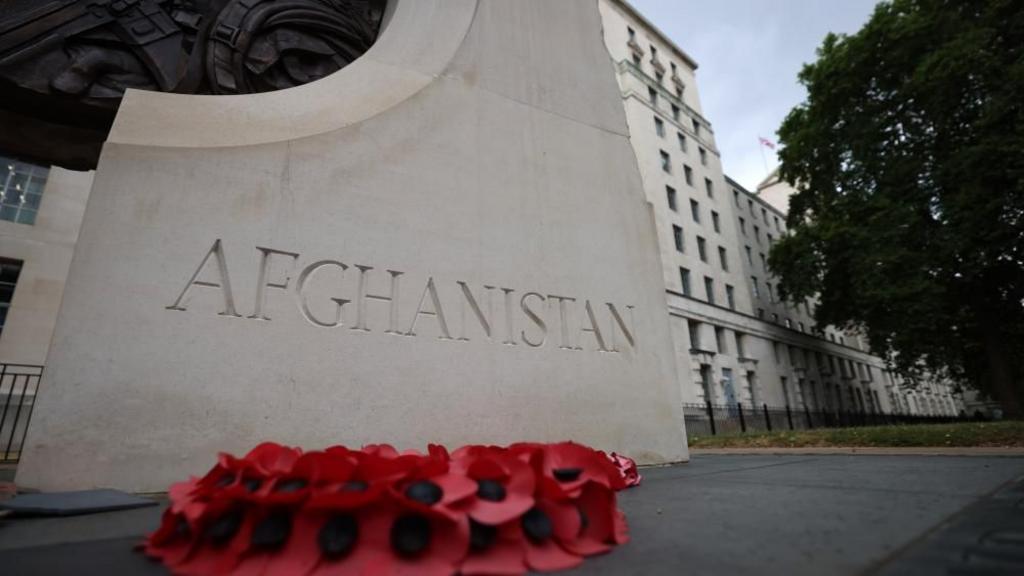Over three years have passed since a British official inadvertently exposed a dataset containing the names and contact information of thousands seeking refuge from potential Taliban reprisals.
While the government initiated the relocation of some individuals to the UK in April 2024, as reported by the BBC, this information has only recently come to light due to extraordinary measures taken to suppress the breach and its subsequent ramifications.
As the full scope of the incident is now unveiled, critical questions persist regarding Britain’s security apparatus.
Data breaches are a recurring concern, exemplified by events like WikiLeaks, the Snowden disclosures, and the numerous cyberattacks and ransomware incidents affecting businesses on a near-daily basis.
While data leaks are not novel, they can, on occasion, pose life-threatening consequences, as is potentially the case here.
The emerging revelations are likely to incite profound apprehension among hundreds, possibly thousands, of Afghans fearing retribution from the Taliban.
For those already evacuated to Britain, returning home may remain impossible as long as the Taliban remain in power.
The approximately 600 former Afghan government soldiers and their 1,800 dependents still in Afghanistan face continued uncertainty until the UK fulfills its commitment to ensure their safe evacuation.
It is crucial to acknowledge that these circumstances did not arise from a deliberate, sophisticated cyberattack orchestrated by a state-sponsored entity.
Rather, the incident stemmed from an unintentional error committed by a single individual within the Ministry of Defence.
From October 2001 to August 2021, UK forces were deployed to Afghanistan alongside US and NATO allies for nearly two decades.
During this period, they maintained close collaboration with their Afghan government counterparts, relying significantly on their local knowledge and expertise.
The Special Forces (SF) held particular sensitivity, given the Taliban’s marked animosity toward them.
Following the fall of Kabul and the rest of Afghanistan to the Taliban in the summer of 2021, the immediate need to relocate former Afghan SF soldiers and their families to safety became evident.
However, numerous other Afghans also risked their lives collaborating with the British throughout those two decades.
Motivations varied from patriotism and the pursuit of a better Afghanistan to financial incentives and a trust in Britain’s commitment to protect their lives and personal data.
This data breach now threatens to undermine future assurances from British officials guaranteeing data security.
Upon discovering the “unauthorised data breach” 18 months after its occurrence, the UK government secured a super-injunction to prevent its publication by the media.
Super-injunctions are exceptionally stringent, prohibiting even the acknowledgement of the reporting restriction.
This measure was only recently lifted following an independent review.
While the necessity of this measure to safeguard the affected individuals can be logically argued, concerns have emerged regarding the potential for political motivations behind the injunction, which was sought by the previous Conservative government.
Mr. Justice Chamberlain, the High Court judge who lifted the super-injunction, stated that it had “had the effect of completely shutting down the ordinary mechanisms of accountability which operate in a democracy”.
If you are willing to speak to a BBC journalist in relation to this story, you can do so here.
Details of nearly 19,000 people who wanted to leave Afghanistan were mistakenly leaked three years ago.
The existence of the scheme could not be reported until now because of a court injunction.
Delays and personnel shortages are “undermining the armed forces’ warfighting capability”, a report says.
Donja was adopted by her handler and is now a loyal guardian and companion for his wife.
Afghans whose personal information was mistakenly exposed by the Ministry of Defence to get up to £4,000 each.

